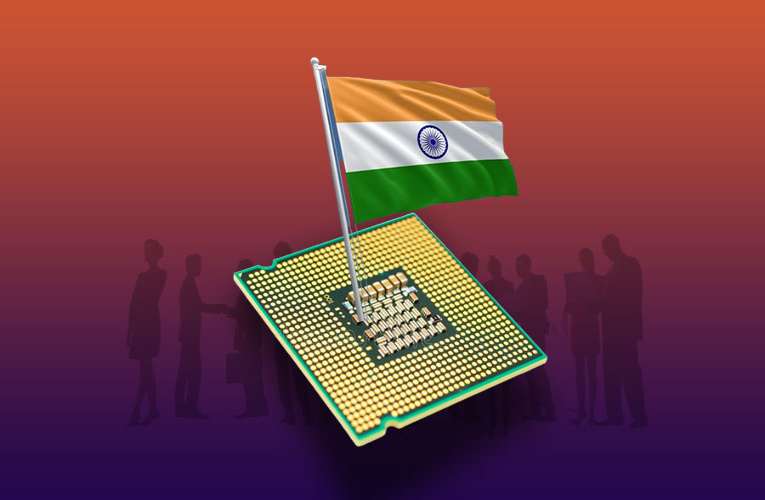
This association will help India to grab the benefits from initiatives on development, research, and the potential decrease of hurdles on US tech exports for supercomputers
Both India and the US have announced a strategic partnership on January 31 to boost the growth of semiconductors, space, defense, and modern technologies. To prevent China from leading the global technology space, the US has formed another bilateral agreement with its allies. According to the experts, this association will help India to grab the benefits from initiatives on development, research, and the potential decrease of hurdles on US tech exports for supercomputers.
The USA's Critical and Emerging Technology initiative (iCET) with India offers them another chance of associating with a nation who are also looking forward to barricade China's lead in the global tech space. Global experts have clearly added that by unleashing the CHIPS and the Science ACT, the US is looking to spearhead cutting-edge technology globally such as 6G, quantum computing, and artificial intelligence. Before the alliance with India, the US decided to craft a ‘Chip 4’ association with Taiwan, South Korea, and Japan to build a strong semiconductor supply chain that will keep out China.
In the meantime, India along with Vietnam has turned to be the most preferred destination for global companies to establish their manufacturing units. In fact, the taskforce on semiconductors created by India-US partnership will provide a greater momentum to India’s efforts to grow its semiconductor ecosystem. Apart from this, processing units and High-performance computing (HPC) technology are other key technologies where India can benefit from USA's expertise and technology. As per a report of eiu.com, India’s HPC imports have increased by 45 percent between 2018 and 2022, but at the same time it has also been reducing import dependency on China. Up until 2018, China accounted for the bulk of HPC imports (35 percent), but India has since attempted to source hi-tech processing units from other countries.
It was found out towards the end of 2022 that India imported only 20 percent of HPC from China, while the rest appeared from Singapore, the US, Hong Kong, Malaysia, Taiwan and the Netherlands. Experts believe that this India-US alliance will offer immense strength to both the countries in preventing China from leading the global tech rat-race. It is speculated some similar associations on biotechnology, advanced materials and rare earth processing technology.

